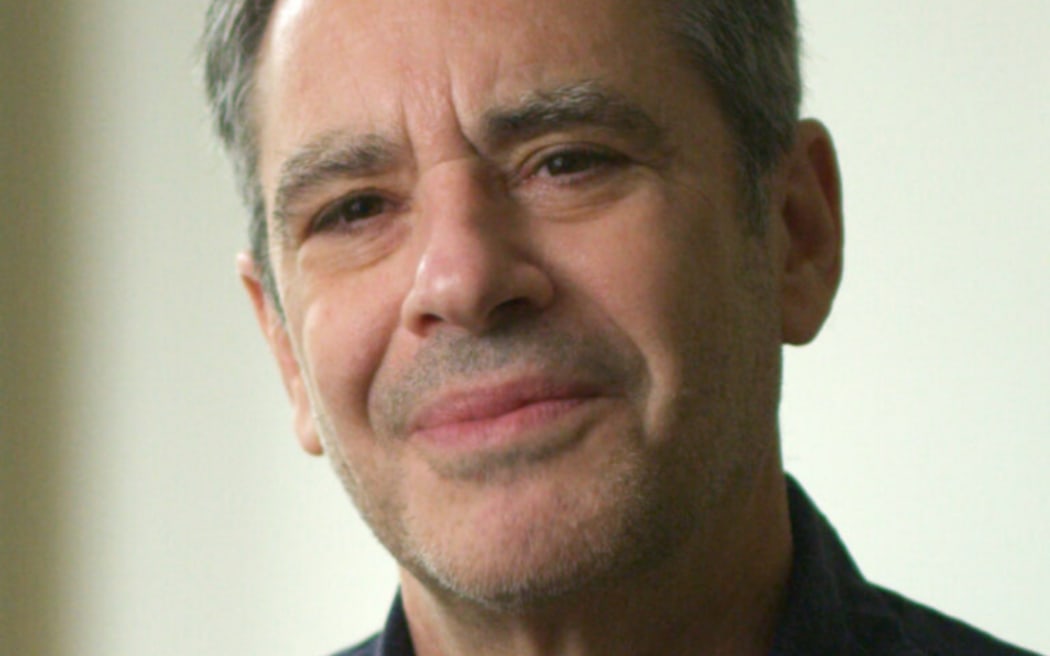Phrases such as 'triggered' and 'toxic' are taking us away from understanding our psychology and that of other people, says psychoanalyst Dr Jonathan Shedler.
"This is a language of social media and pop psychology and self-help, this isn't the language of psychotherapy," he tells Kim Hill.

Photo: jonathanshedler.com
Dr Jonathan Shedler is an author, consultant, researcher, and clinical educator best known for his article The Efficacy of Psychodynamic Psychotherapy, which won worldwide acclaim for firmly establishing psychoanalytic therapy as an evidence-based treatment.
'Triggered' is a prime example of a word that sounds as though it comes from self-examination but is a way of describing our own experience without actually communicating anything about ourselves, Dr Shedler says.
"If a patient were to just describe an event [to me], and say, 'Oh yeah, and the other person said this or that, and it triggered me' … we don't actually have the slightest idea what that brought up for them, what their experience of it was, what it meant to them, what feelings went around. 'Triggered' means absolutely everything and therefore nothing.
"[Therapy speak] is a way of speaking about our experience, in a very, very vague, general kind of way, without actually taking the trouble to consider what it's bringing up in us, what thoughts, feelings, memories, and so on.
"If somebody said 'that triggered me' I would probably say 'tell me more help me understand that'. But what I've observed is in public discourse, certainly on social media, people talk this way all the time and it actually leads nowhere."
The process of psychotherapy is about moving towards specifics, he says.
"Tell me more about that, help me understand …when you say it triggered what was triggered? And how do you understand that? And what more does that bring to mind for you? We're exploring, exploring deeper layers of experience."
Many people think going to psychotherapy involves learning an " abstract artificial language" with which to speak about their psychological experience, Dr Shedler says. But actually, good therapists speak in the plainest English possible and encourage clients to do the same.
"When people speak from the heart, they don't use words like that. They say 'it made me sad, it was devastating, I felt terribly sad, because it brought to mind this or that, or it made me terribly angry, I was enraged. They don't speak in these abstractions, that kind of skipping lightly over the surface of our experience."
The purpose of meaningful psychotherapy is to help people understand their own experience more fully and more deeply, he says.
"People come in and they often feel quite mistreated by the world, like, quite mistreated by people, people they're close to, and in many cases they are. But we don't go to psychotherapy, to fix something that's wrong with somebody else or the world outside.
"People don't want to examine themselves. They don't want to take responsibility for their role in events, that's natural. That's human. Psychological defences are a necessary form of protection. They're woven throughout the fabric of our lives.
"What we do in psychotherapy is really say 'well, here are these bad circumstances, these things that you're unhappy about. Could there be a way that we ourselves are contributing to this? In understanding that more deeply, does it give us the option to start to do things differently?'
"We don't want to leave the person speaking in a way that that sort of shifts all accountability elsewhere, because that's it at cross purposes with the work of therapy, which is ultimately to change something about ourselves, that something about ourselves that we desire to change, and the psychotherapy plausibly could help us to change.
When a person goes to therapy, part of them wants "understanding and growth and change" yet another part is very invested in continuing and justifying the status quo, Dr Shedler says.
"That's normal, that's not pathological. That's not that's not a disorder. That's the way we're constructed. As human beings, we work at cross purposes with ourselves.
"People will come in and say, I want to change this or that about me or about my life is intolerable. I need things to be different, I want them to be different. And you begin working toward that. And you very, very quickly discover that there are other parts of the of the person in the room with you, that have a very different agenda, and that are working at cross purposes with that. That's what we call defence and resistance. They're just part of how we're constructed as human beings."
Therapists always have to recognise that they're not working with one single-minded person, he says, but rather with multiple versions of that person that might have very different purposes and intentions.
"One of the things that we do in psychotherapy is we make room to hear from all of the different facets of the person. If the person is of two minds about something, or 3 or 4 or 10, we want to hear from all of them, we want to hear from them in thoughts and in words. And in the process of doing that, the person becomes more whole. The different parts, the different facets of themself, begin to work more in concert, in harmony, rather than at cross purposes. That's what the work is about.
"The trouble with therapy speak is that it colludes with the defences - the sides of the person that don't want to change, that want to speak as if we're in the business of examining ourselves, of self-reflecting, as if we are doing those things without actually doing them.
"People have gotten accustomed to bandying about diagnostic terms in a way that takes the place of really understanding what's going on with this particular person at this particular juncture, their life. It's like the language takes the place of understanding."

